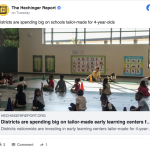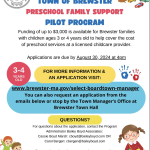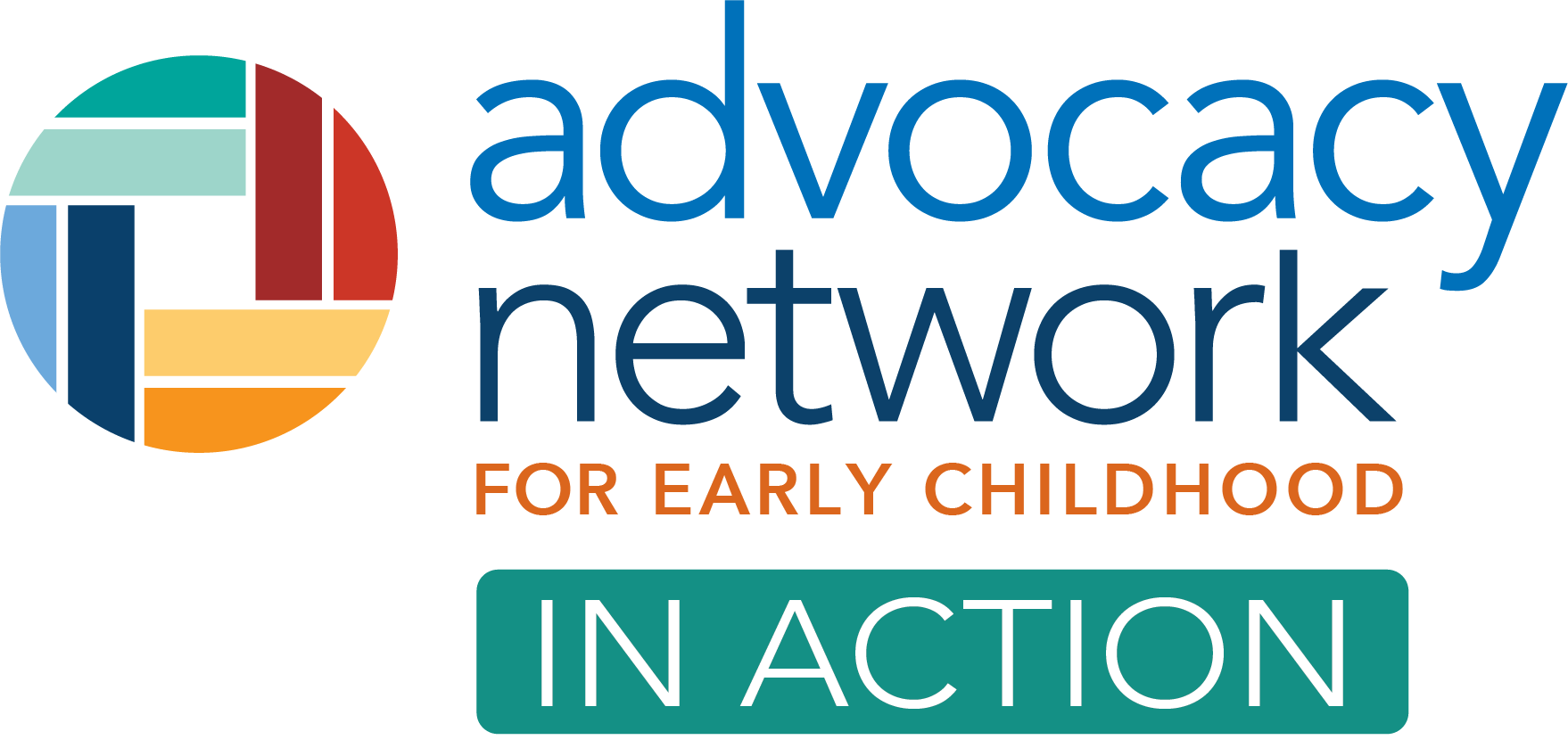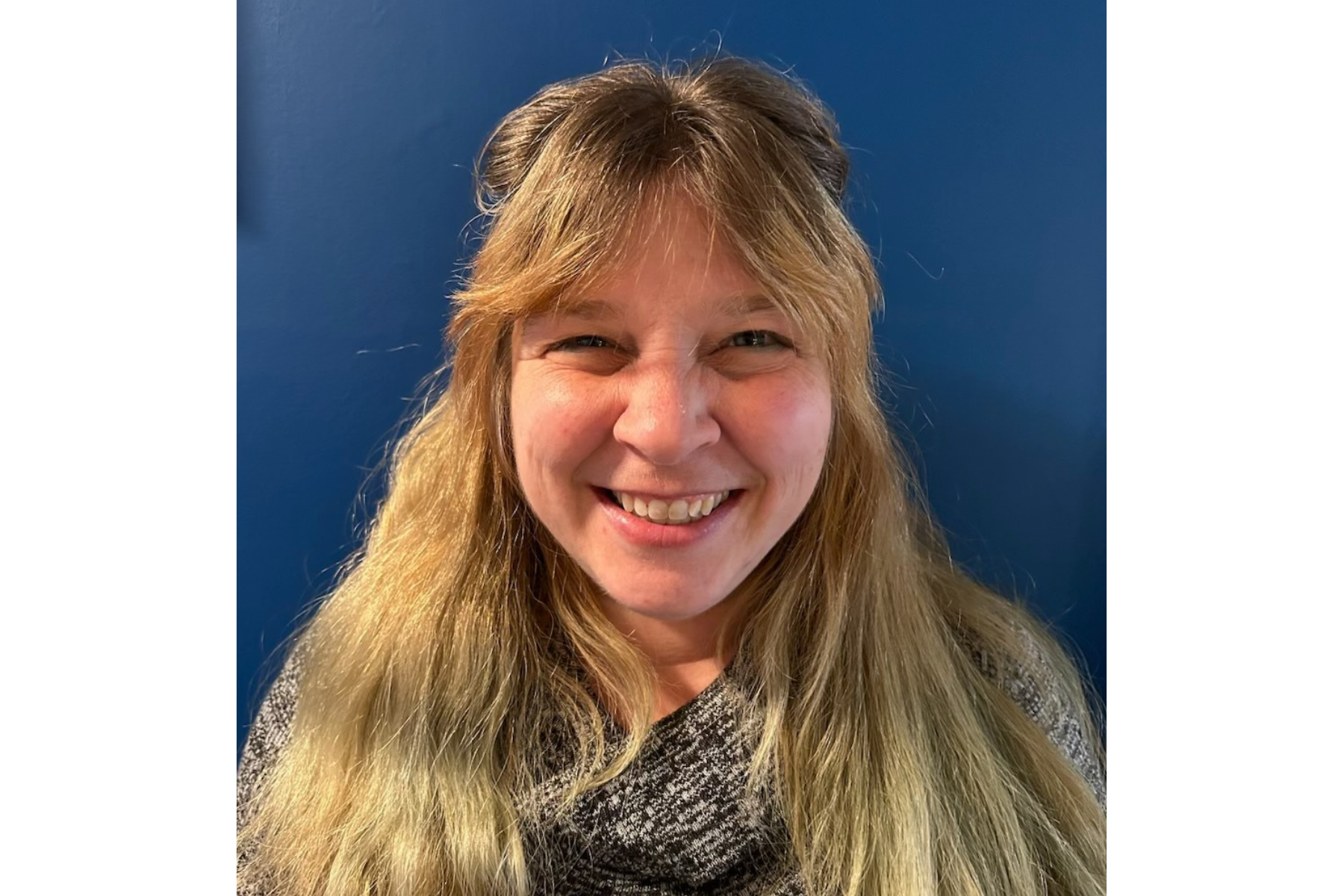Danielle Pazos was inspired by her childhood. She remembers growing up in two worlds: the city of Chelsea, Mass., where she lived with her family, and a rural community on Canada’s Prince Edward Island, where she spent her summers as a child.
In Chelsea, Pazos says, I was lucky enough to live in the same house most of my life, which I know for a lot of my friends, was not true. Chelsea is a very fluid community, and our neighborhood was always changing, and that’s what I loved about it. I loved that Chelsea was a gateway and a welcoming community and filled with immigrants and refugees. My grandparents were immigrants, too.
Pazos was also inspired by her family members’ commitment to being involved.
“I watched people volunteer to do things my whole life. My grandparents volunteered and so did my parents. And it’s something I continue to do as well.”
Pazos went to public school in Chelsea at a time when the public schools were in receivership and being run by Boston University. Later, as a high school student, Pazos received a scholarship that enabled her to attend Boston University (BU) for free and graduate without any student loan debt. She had always loved caring for children, but people discouraged her from letting this influence her career choice.
“People kept trying to steer me into higher paying fields, and saying that You’re wasting this free gift on early childhood. And I said, No, I’m taking advantage of this, because people in the field can’t afford to pay for college, so this is the only way to do it.
“I have friends who graduated from high school and wanted to go right into opening up a family child care program, and there was this stigma against it. I was talked out of it. My advisors in high school also talked me out of other fields, because they said I would be bored if I chose a field in science or math ”which today I don’t think is true, but I trusted the adults to guide me” or they said I would be frustrated if I were just sitting behind a desk. So I needed to think about a field where I could have spontaneity every day and unpredictability. And I said, Oh, I’ll be a preschool teacher.”
“There’s this balance you have to have when you’re in early childhood. You have to know how to still have structure and routine, but you also have to know how to change at a moment’s notice and be okay with the whole plan turning upside down, with having a plan that never goes according to plan, and having resilience through that for the children you’re caring for and for yourself.”
Pazos enrolled in BU and studied early education. Her advisor was early literacy expert Judith Schickedanz.
“Judy taught me about the power of how much you can do if you focus on birth to age eight. And I had the opportunity to volunteer and do practicums in different types of schools, and I fell in love with Head Start and their mission of working with the whole child and the whole family. I knew that’s where I wanted to be.”
During her years at Head Start, Pazos saw a connection between volunteering and advocacy because Head Start’s expectation was that families would be engaged in school activities and that they would be strong advocates for their children.
“For the entire arc of my professional career, I’ve had a hand in Head Start. I couldn’t leave. I was a teacher. I started running professional development programs. I decided to get my Master’s in leadership, because I wanted to do more to influence policy to help break down and fix some of the systems that were not working.”
Another long-term benefit that Pazos eventually received from the BU/Chelsea schools partnership was that BU built an early childhood learning center where all four of Pazos’ children had access to a free, high-quality, public preschool program.
Over the years, Pazos volunteered in Chelsea’s schools, and what she noticed was that the children who excelled were often the children who stayed in the city from Chelsea’s preschool program to graduating from Chelsea High School. Many of those children were on the honor roll in middle school and high school.
“It shows that Chelsea, a city that doesn’t always get credit, had an impact,” Pazos says. “When I think about Chelsea, I think about how we have so many resources for families: our schools and great enrichment programs outside of school time. We have the Chelsea Community Schools, The Boys and Girls Club, the Apollinaire Theater Company, and the Cultural Council that dispenses grants. We have amazing opportunities in our community.”
After years of working, Pazos went back to school to earn her master’s degree in Educational Leadership and Administration at Norwich University. She went on to become the Early Childhood Program Quality Manager in the city of Cambridge’s Office of Early Childhood, where she sought to make quality both meaningful and manageable for programs.
Today, Pazos is a consultant and a member of the fourth cohort of Strategies for Children’s Advocacy Network. The best part of this experience, she says, is connecting with people in current and post Advocacy Network cohorts.
“What’s exciting about the Advocacy Network is that Titus and Jayleese have been amazing about giving me permission to be me, Pazos says of Titus DosRemedios, Strategies’ Deputy Director, and Jayleese Le Blanc, the Advocacy Network’s program assistant.
“One of my strengths is brainstorming. What could we do if we didn’t have to worry about barriers and money? I’m really good about going back to things a year later, looking at something, and saying that was a really good idea, and we didn’t move on it. Let me call some folks and see if they’re ready now.”
One current idea that Pazos and her fellow cohort four member Amy Izen are working on is figuring out how to encourage communities that haven’t done so to apply for a Commonwealth Preschool Partnership Initiative (CPPI) grant, which helps communities expand access to high-quality preschool programs.
“There are several Gateway Cities that have not taken advantage of CPPI yet. So one of the things we’re trying to brainstorm is how do we help build the trust, how can we put our heads together and help these communities start applying.”
For her Advocacy Network project, Pazos wants to launch a blog.
“What I’ve learned in the field is that when you see a strategy that works, it’s worth sharing that with the community to help others. And I’ve seen strategies that are brilliant and that in small ways have a big impact on children.
“That’s another thing I learned from Judy, from her ethic for research. She taught me that when you discover research that could be helpful to children, that could change lives, it’s negligent not to share it.”
Ask Pazos what should policymakers know about early education, and she has her answer ready:
“I think it’s important for policymakers to think about the families and young children that they know and think about how policy would affect them, because at the end of the day, what policymakers do impacts the lives of families and young children’s lives at the earliest time. So what do policymakers want their impact to be?”




